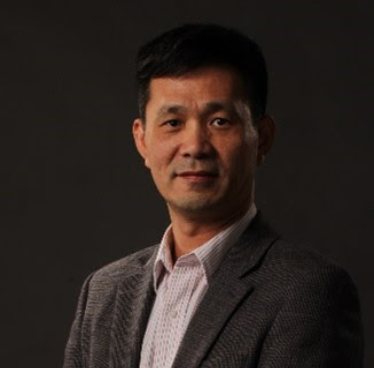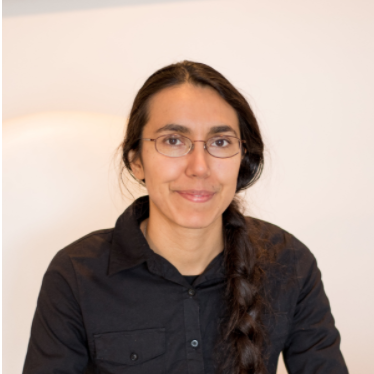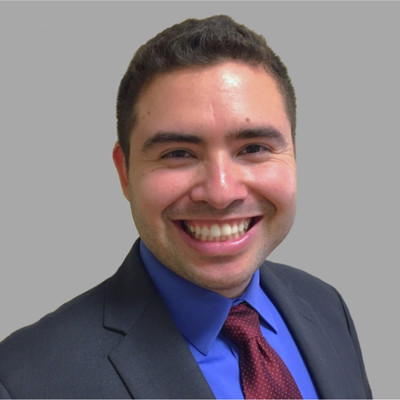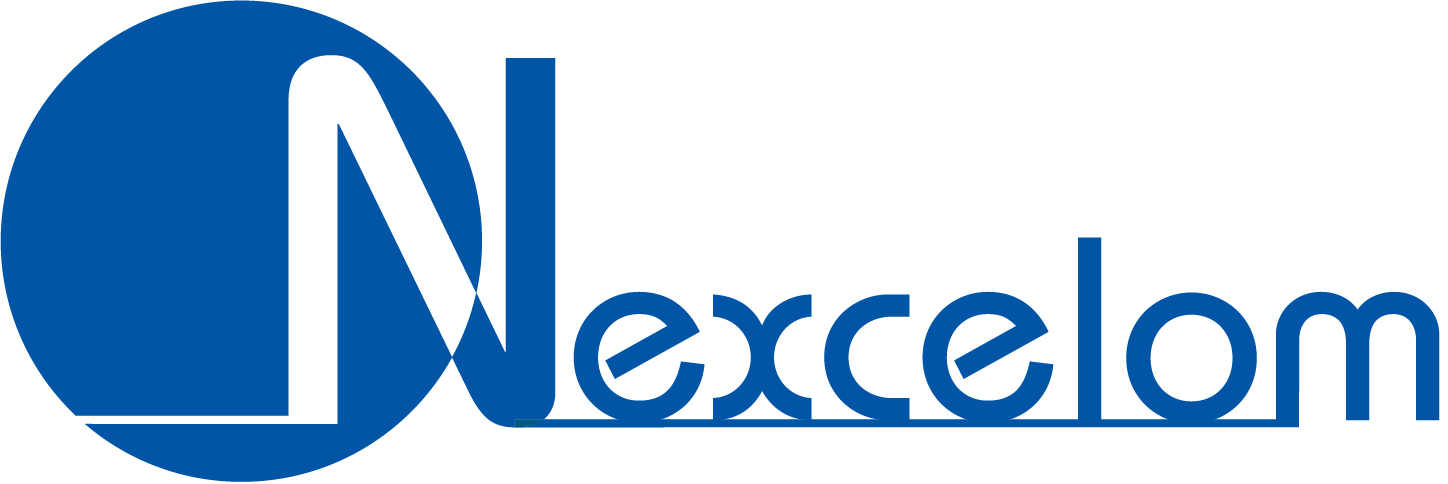Webinar on Demand: Tools and methodologies for the optimization of stem cell cryopreservation and differentiation
Cell and gene therapy is one of the most rapidly growing areas in the modern medical field. Multiple cell types have been used to develop therapeutic procedures for treating cancer or genetic disorder patients, such as CAR-T, Dendritic, TCR-T, and various stem cells. Storage conditions must be optimized to prolong shelf-life to ensure cells used for clinical research and treatment are properly prepared. Delicate cells like iPSCs and other stem cells also require proper culturing techniques and differentiation procedures to ensure high quality out of the differentiated cell types.
In this educational webinar, we:
- Discuss a fully automatic cryopreservation system that controls temperature fluctuations to ensure short, long-term stability, proliferation, and differentiation capacity of cell-based therapeutic products
- Learn about the tools to provide an accurate assessment of stem cells such as cell concentration, viability, and other optimization to ensure proper starting material
- Experience high-throughput image cytometry for stem cell research and developing regenerative medicines
Presenters

Peter He, Ph.D.
CSO of Origincell
Dr. Peter He has worked on R&D in the fields of immunotherapeutic, vaccine, and cell-based products for more than twenty years with 25 patents and over 40 SCI published articles. Dr. He developed the therapeutic Serratia Marcescens formula approved by cFDA as a Class I biological product and won the second prize of the Science and Technology Progress Award for his development of a therapeutic vaccine against hepatocellular carcinoma. As a principal investigator at Merck, he led the team to successfully develop and implant a quality control system to effectively monitor the key manufactory process for producing cell-based therapeutical products.

Natasha Arora, Ph.D.
Director of Business and Corporate Development at EverCell Bio
Dr. Arora earned her Ph.D. in biomedical sciences from Harvard Medical School where she specialized in developmental and regenerative biology. She was mentored by Dr. George Daley, the current Dean of Harvard Medical School. Her work in the Daley lab significantly contributed to generating the world’s first disease-specific human iPSCs. Following her graduate studies, Dr. Arora continued her training as a postdoc at MIT under the joint advisement of Dr. Linda Griffith and Dr. Roger Kamm in the biological engineering and mechanical engineering departments respectively.

Charles J Hernandez, Ph.D.
Senior Field Applications Scientist at Nexcelom Bioscience
Charles received Ph.D. from Yale University studying the importance of epigenetics and chromatin structure in the context of stem cell biology. His research experience encompasses human and mice cellular reprogramming as well as flow cytometry and confocal microscopy. He joined Nexcelom as a Field Applications Scientist to work directly with research scientists and clinicians to understand their research workflow and offer better tools to improve their everyday life.
